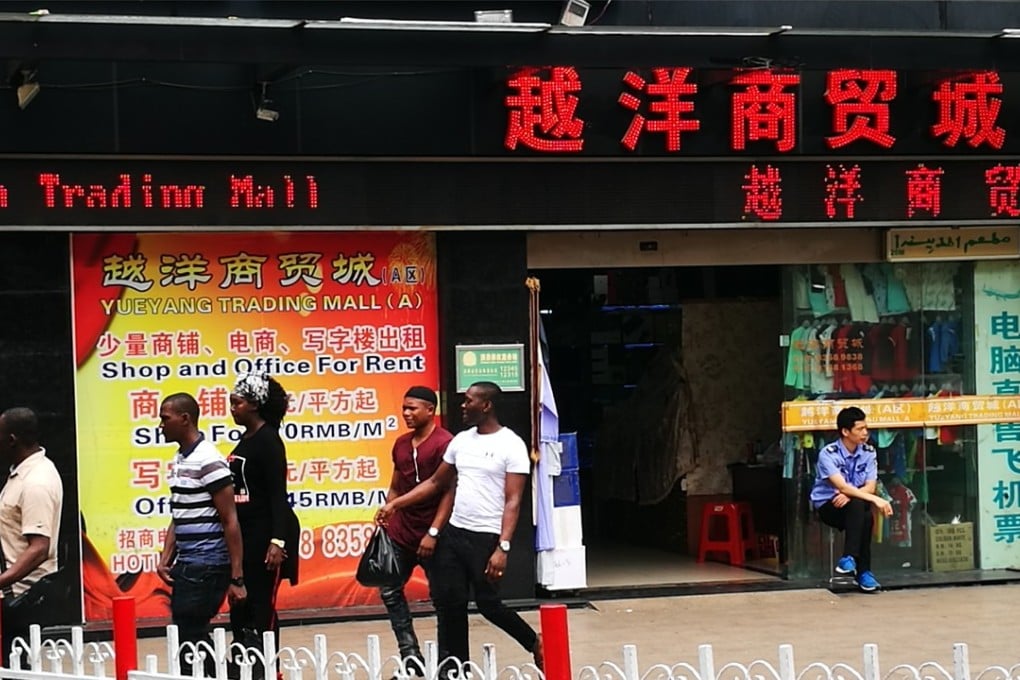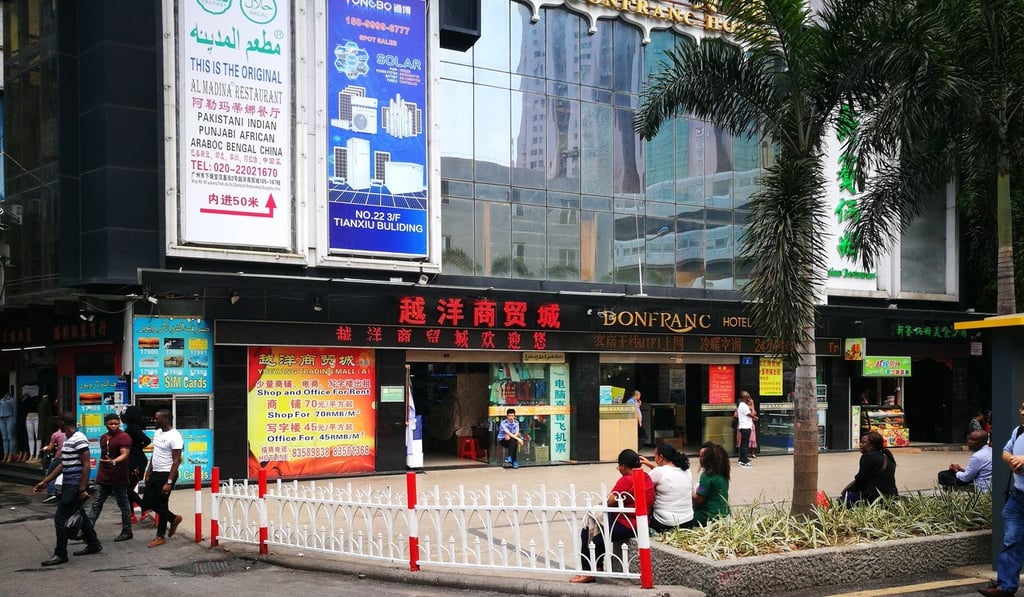After the boom: fortunes turn for China’s ‘Little Africa’ as African entrepreneurs leave Guangzhou
While Chinese businesspeople find potential in a developing continent, the African population in the southern Chinese city has to a fifth of what it was less than a decade ago

In the southern Chinese city of Guangzhou, a major centre for African entrepreneurs in the country, a Kenyan trader named Don complains that business is getting difficult and he is thinking of leaving.
Don, who asked that his full name not be used, has been in Guangzhou for four years, and like most Africans there, he has chased the dream of getting rich by cashing in on cheap Chinese commodities directly from the doorstep of the “world’s factory” and reselling them back home at a profit.
But times are getting tougher.
“We can now only earn about half of what we used to make,” he said.
Ten thousand kilometres (6,200 miles) away in Ghana, Su Zhenyu, a prominent member of the Chinese community who has lived in the West African country since 1995, is busy helping the growing number of Chinese arrivals – most traders and manufacturers – as they look for land to build plants, hire locals and network with local business and tribal chiefs.
“There were only about 100 Chinese people in Ghana when I first came here in 1995,” Su said. “Now the number is at least more than 20,000 or 30,000.”
